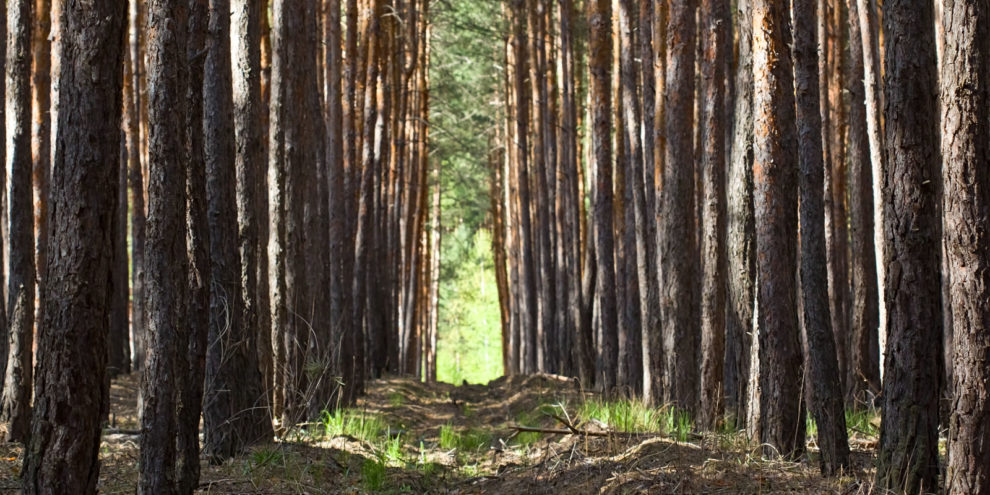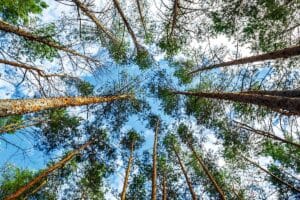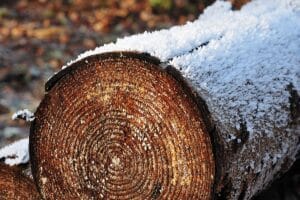In May 2020, Karen Langley reported on how shareholders in public firms, due to uncertainty about an economic recovery during the current coronavirus pandemic and recession, “can’t rely on a traditional playbook…Investors who just months ago were scrutinizing projections for growth are now turning to measures of survival, such as cash burn and debt loads…” [“With Earnings ‘Out the Window,’ Investors Turn to Survival Metrics in The Wall Street Journal.]
The situation has relevance to timberland owners and investors. Folks have called asking, “how should we think about this in terms of applying timber price forecasts to long-term timberland valuations?”
The Issue
These price forecasts serve as direct inputs into budgets, harvest schedules and valuation models that rely on estimates of net cash flows to, in turn, estimate profits, net present values (e.g. NPVs) and rates of return (e.g. ROIs and IRRs). However, in cases, timberland investors set long-term price trends off of the current timber price. This becomes problematic when the current price falls.
We reviewed previous research on long-term trends in commodity prices, evaluated the impacts of different timber price assumptions on timberland values, and conducted interviews with professionals in the forest industry to assess key issues and best practices when applying timber price forecasts to long-term applications. One of the consistent themes across this work was wariness and caution for applying timber forecasts that depend on economic cycles.
As one timberland executive noted “we don’t want to hook our harvest schedule or valuation on cyclical guesses in a price forecast…we want to leverage the biologic growth of the forest and what we know is happening [on the ground], not on varying outlooks on the economy.” This point was made several times with respect to price changes during the coronavirus and economic slowdown. Rather, the long-term stability and value expected from timberlands were, in a way and ironically, enhanced by the near-term volatility and not reliant on a cyclical pattern.
Others made the point that short-term timber prices do not affect long-term price trends. This holds true for traditional agricultural and energy commodities as well. Volatility in the near-term does not translate automatically into a higher or lower long-term expectation for prices.
At the end of the day, we forecast products that we believe satisfy demand now and moving forward. We look decades into the future, while understanding that this nature of production and demand may fundamentally change. When it comes to wood, we rely heavily on the belief and understanding of forests and their preeminent importance to the planet and to demographic patterns that profile the underlying source of demand, labor and markets associated with wood products. Unlike buggy whips or straightedge razors, we know we will have forests and people.
This content may not be used or reproduced in any manner whatsoever, in part or in whole, without written permission of LANDTHINK. Use of this content without permission is a violation of federal copyright law. The articles, posts, comments, opinions and information provided by LANDTHINK are for informational and research purposes only and DOES NOT substitute or coincide with the advice of an attorney, accountant, real estate broker or any other licensed real estate professional. LANDTHINK strongly advises visitors and readers to seek their own professional guidance and advice related to buying, investing in or selling real estate.










Add Comment